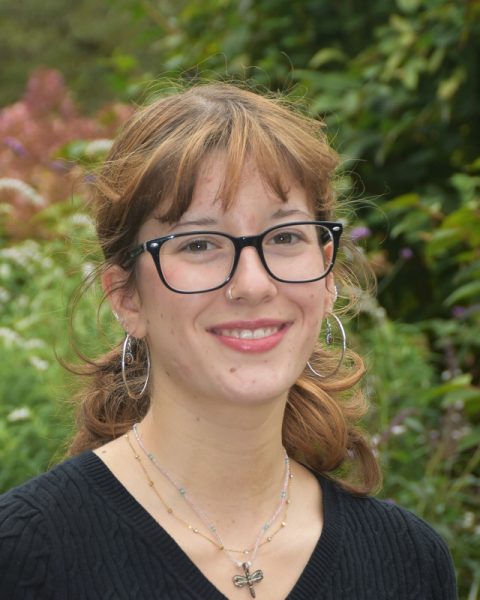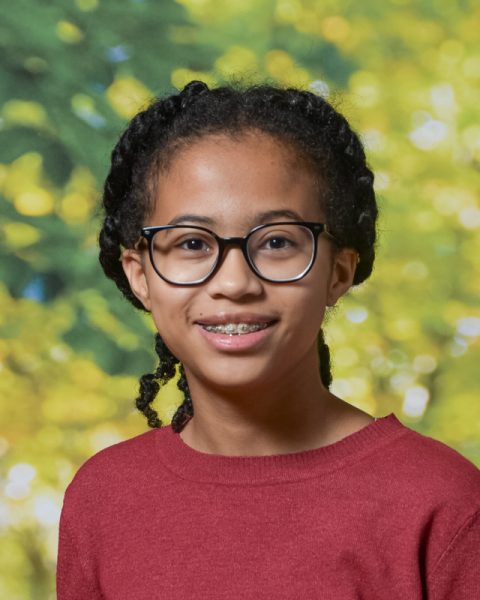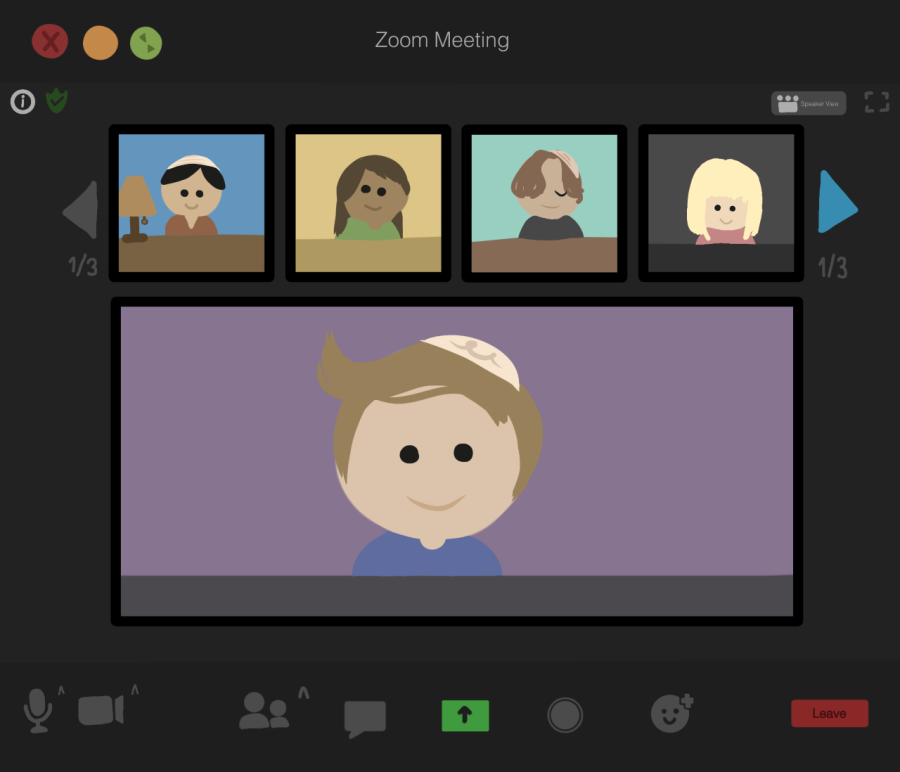Op-Ed: The Jewish High Holidays During COVID-19
The Jewish community has faced many of struggles in recent years, not only with growing antisemitism, but also with the repercussions of COVID-19.
Before the virus, my family and I would wear nice clothes and drive to Temple on Rosh Hashanah and Yom Kippur. When I was younger, sitting through hours of services felt strenuous and unnecessary.
For me, it wasn’t sitting through hours of services that felt so special—it was what followed.
On Rosh Hashanah, the Jewish New Year, my extended family would all sit together at a big table and eat apples and honey. We would laugh and talk about our hopes for the new year, and enjoy each other’s company and food.
During Yom Kippur, the holiest day of the year, we would go straight from Temple to the Charles River with bags of bread to feed the ducks. Each piece of bread represented a sin or regret that we washed away. It was a beautiful experience.
Head of Upper School Joshua Neudel practices Conservative Judaism, and he and his family attend Synagogue every Friday. Conservative Judaism is more flexible than Orthodox, but stricter than Reform.
For Rosh Hashannah, Neudel and his family celebrate over a two-day period and eat dinner with family. They also attend large services, with over 1,000 people at Temple Emmanuel in Newton.
“There’s something powerful for me, hearing everyone together singing all the songs together,” Neudel said. “I like to close my eyes and just feel the power of the community around me.”
Karen Bernanke has enjoyed the holidays with her parents and sister in Virginia, or family friends at home.
Her family also attended Synagogue and eating food with family, especially kugel and her grandmother’s orange, apricot, and honey chicken.
Chloe Scolnick ‘25 also enjoys the food on Rosh Hashanah, specifically her grandma’s chocolate honey cake.
Above all, she is grateful that she can visit her grandparents again, thanks to vaccines.
“Now I think that everything’s pretty much back to normal since my grandparents have their booster and everything,” Scolnick said.
Aside from the food, Bernanke enjoys many other aspects of celebrating the high holidays, and she precious memories from her childhood.
“As a younger girl, the High Holidays meant new clothes, seeing old friends (my synagogue friends were not my school friends) food, and definitely community!” Bernanke said.
To me, the high holidays have always felt important. Walking into Temple and wishing “L’shanah Tovah!” to everyone I recognized, I felt so grateful to know so many in the welcoming, accepting community. The sense of belonging is what t I cherish most bout Judaism.
For the past two years, due to COVID, my family has abstained from going to Temple during the holidays. Last year, we didn’t celebrate at all.
Our minds were so overwhelmed by the chaos surrounding us that it felt difficult to how grateful we were for our religion, and how much we cared about each other. Last September, when my aunts called to wish us a happy new year, I had completely forgotten that it was even Rosh Hashanah.
Since COVID-19 hit, many Temples have hosted services, in-person, or as a hybrid offering. I have never tried online services, mainly because I didn’t have the motivation to.
Scolnick has been celebrating the holidays for her whole life, and she has never been big on Temple services. For Rosh Hashanah, her family would go to her grandparents’ house and have dinner. For Yom Kippur she and her mom would go on a nature walk and write their goals for the New Year.
One of the best parts of Rosh Hashanah is having time to look at the year ahead, an aspect that Scolnick also enjoys.
“I don’t think I have a specific favorite memory but I’ve always enjoyed looking back on the goals that I wrote with my mom,” Scolnick said.
Neudel’s family has been able to Zoom into services, and his son has even been able to pour grape juice at home for prayer. But Neudel has acknowledged that it doesn’t feel as meaningful as in-person services.
“Unfortunately I got COVID right before services, so I couldn’t go in person and we streamed it. It’s not even close to the same type of experience as going, though,”
Scolnick’s family traditions haven’t changed drastically since the pandemic, but she enjoys the more relaxed nature of online services.
Bernanke has a different perspective on online services than Neudel, and she feels that the holidays are not the same as they used to be for her family.
“During COVID, it was very lonely celebrating,” Bernake said. “I remember the first Zoom Passover and the first Zoom Services. Zoom services were ok because we were able to explore different synagogues.”
This year, my family and I drove up to Connecticut to see my grandparents. My grandmother is suffering from illness, and my dad told me before we left that this would most likely be the last time we went to visit them. Going into the visit I was very nervous because I didn’t know what to expect. I wasn’t sure of the severity of my grandmother’s condition and I was scared it would be too difficult for me to be with them.
But when we were sitting at the table together with lots of food in our stomachs and smiles on our faces, I was overjoyed to be present. I was so happy to be with my family and share the High Holidays with them.
I don’t know if my family will go to Temple next year, but I hope we do. I miss being a part of those traditions, and I can’t wait to continue them someday and form my own.























































